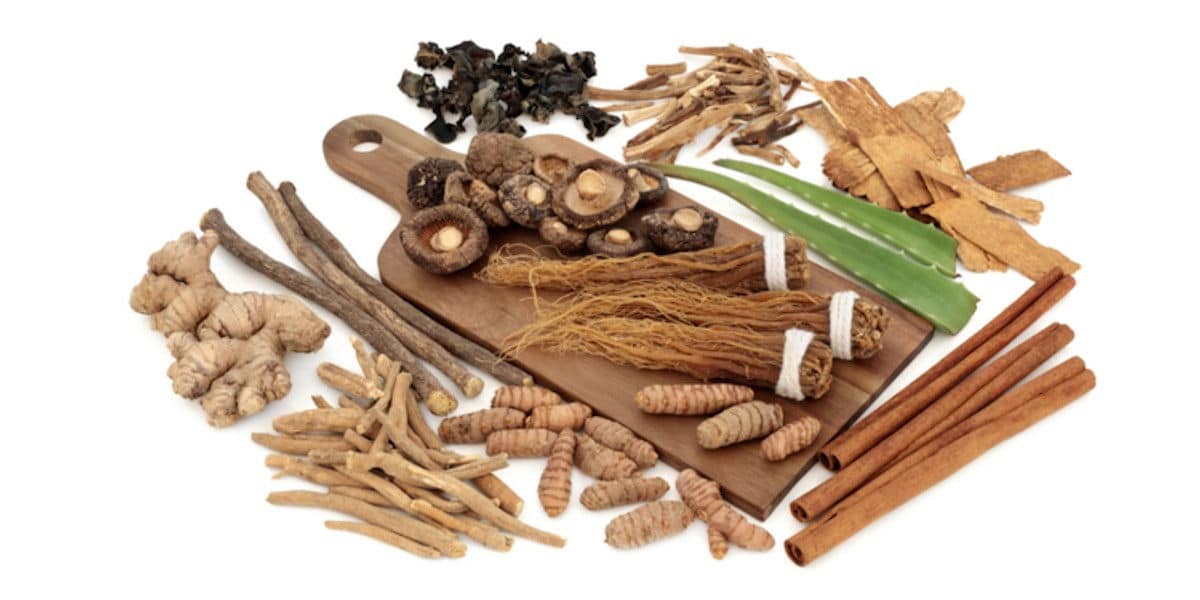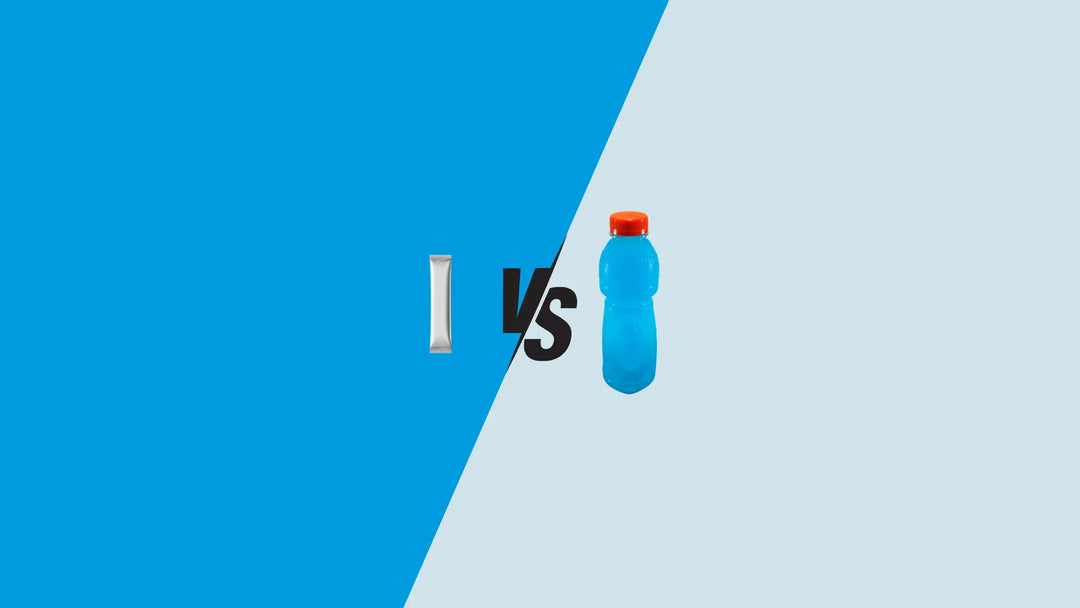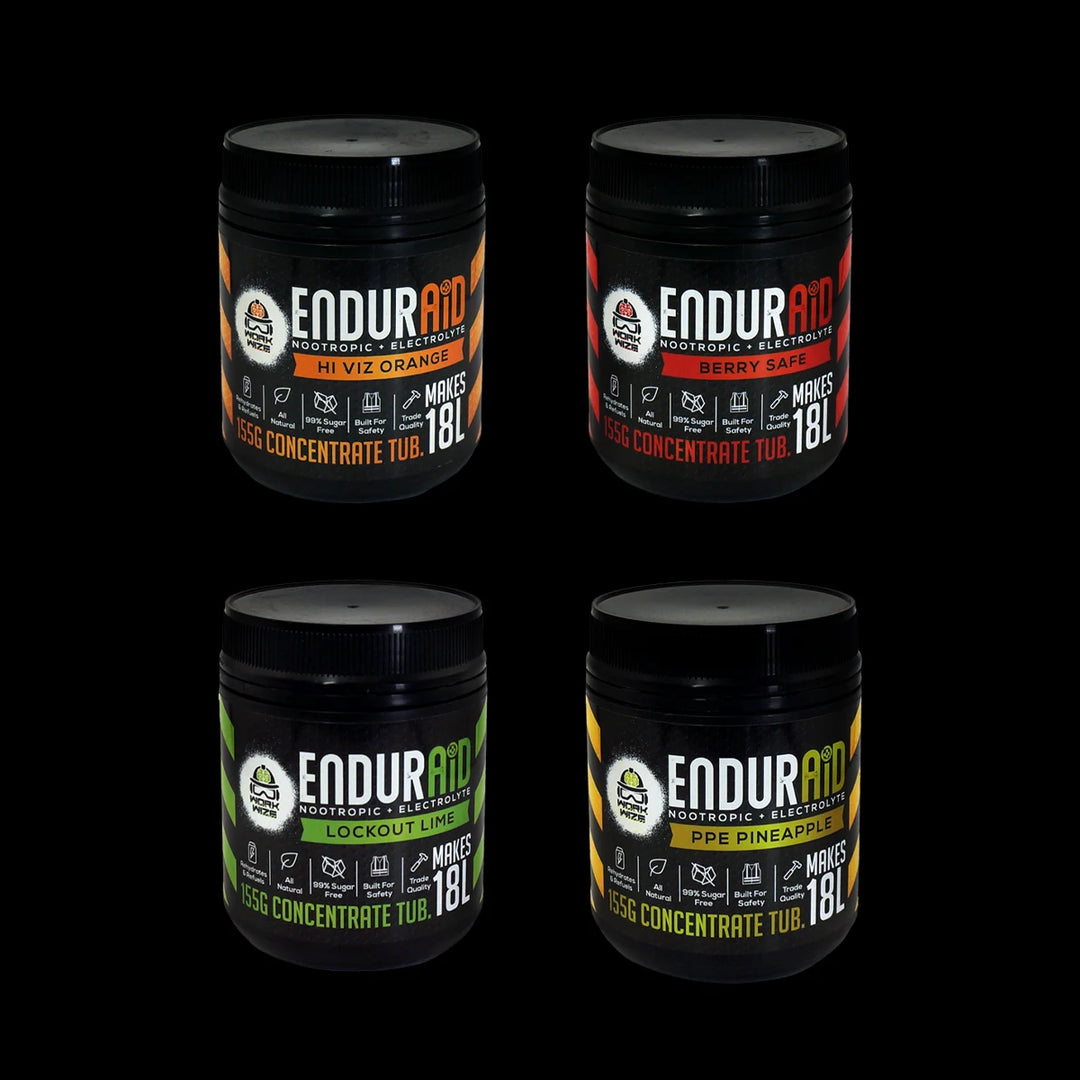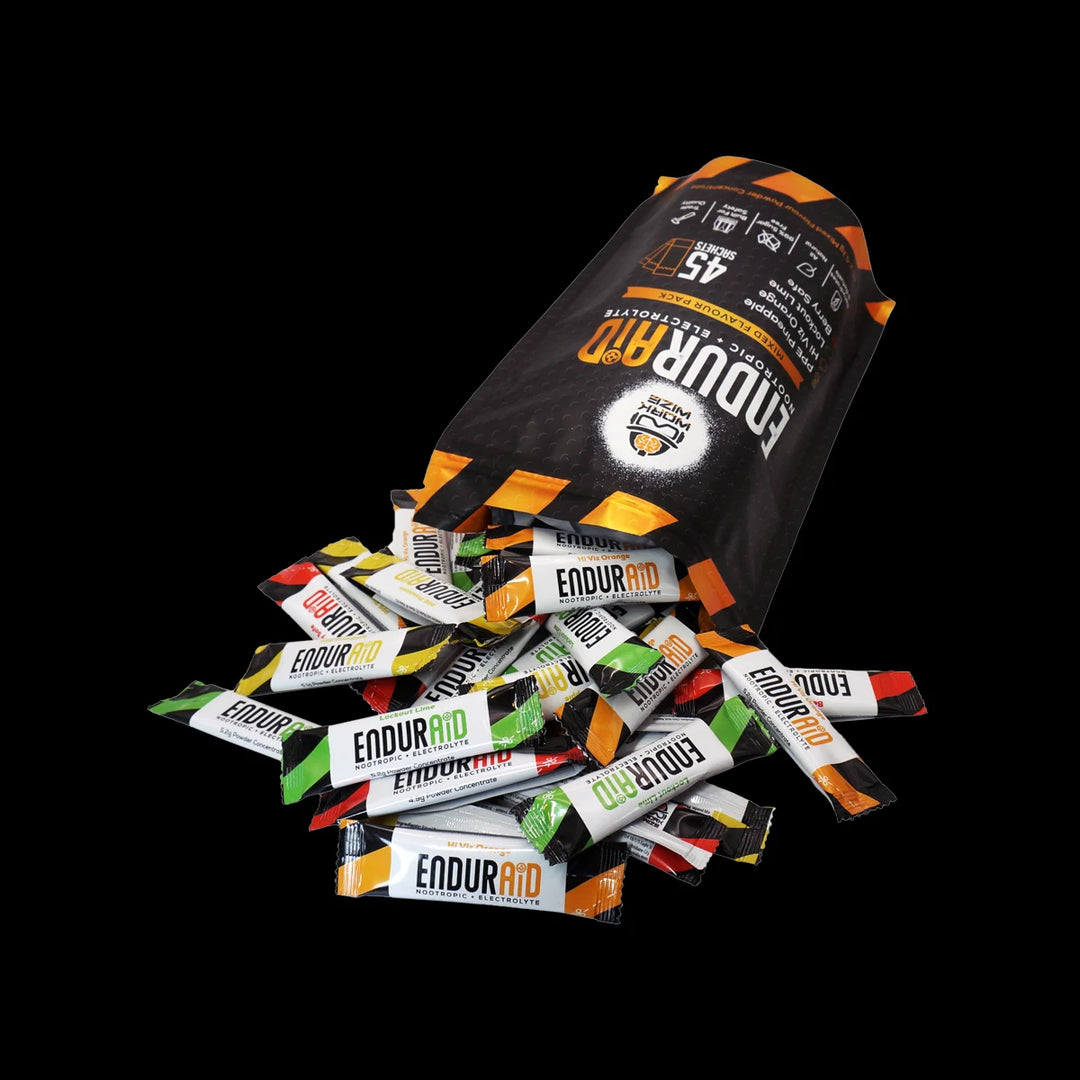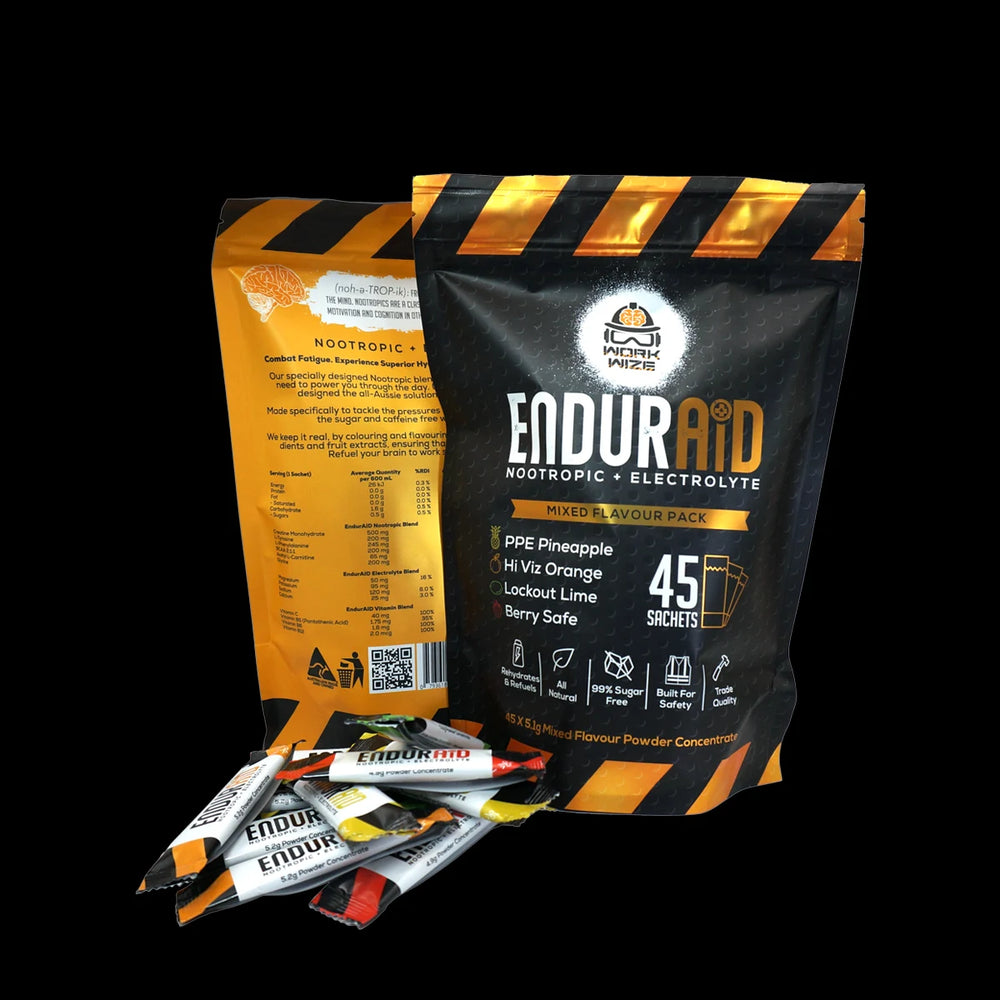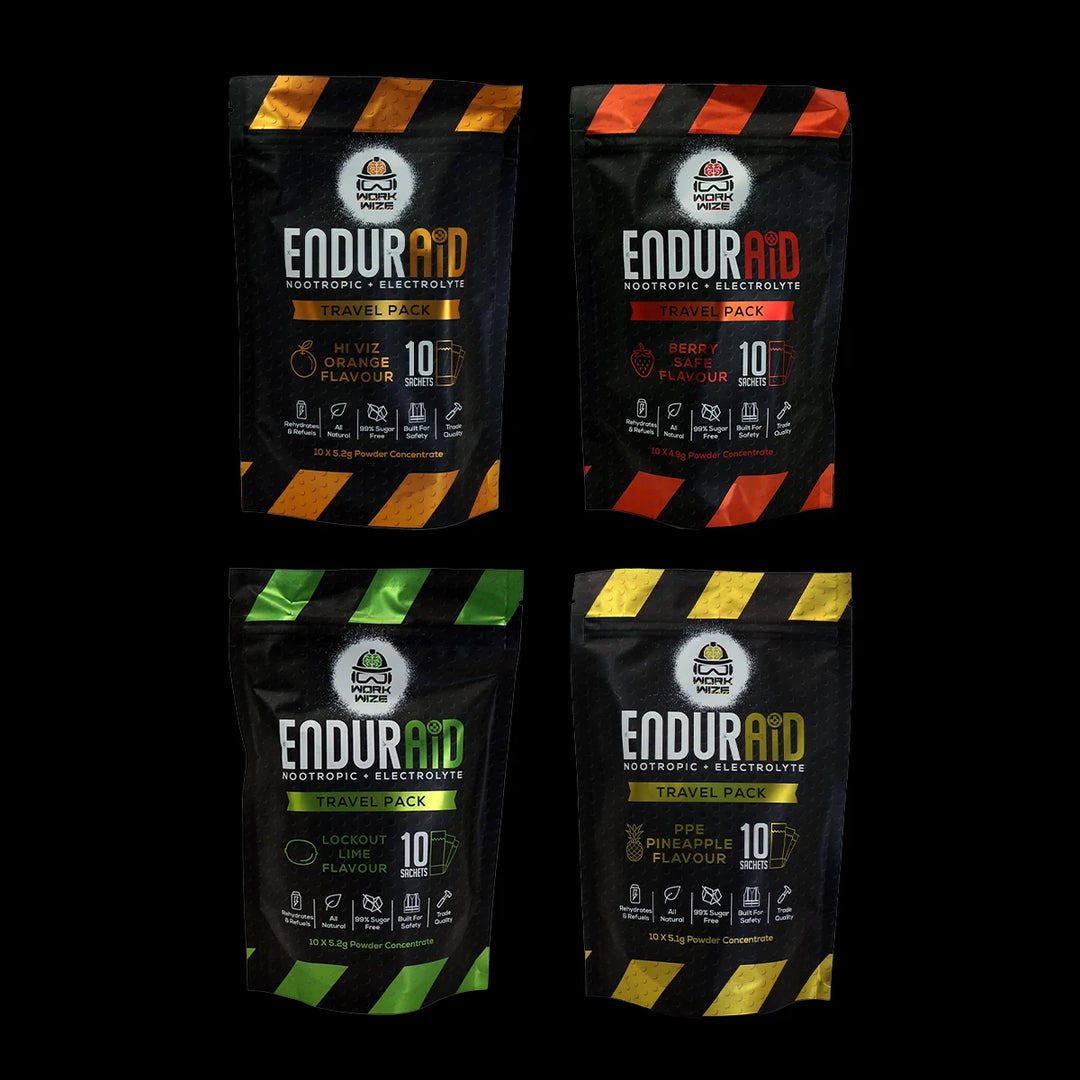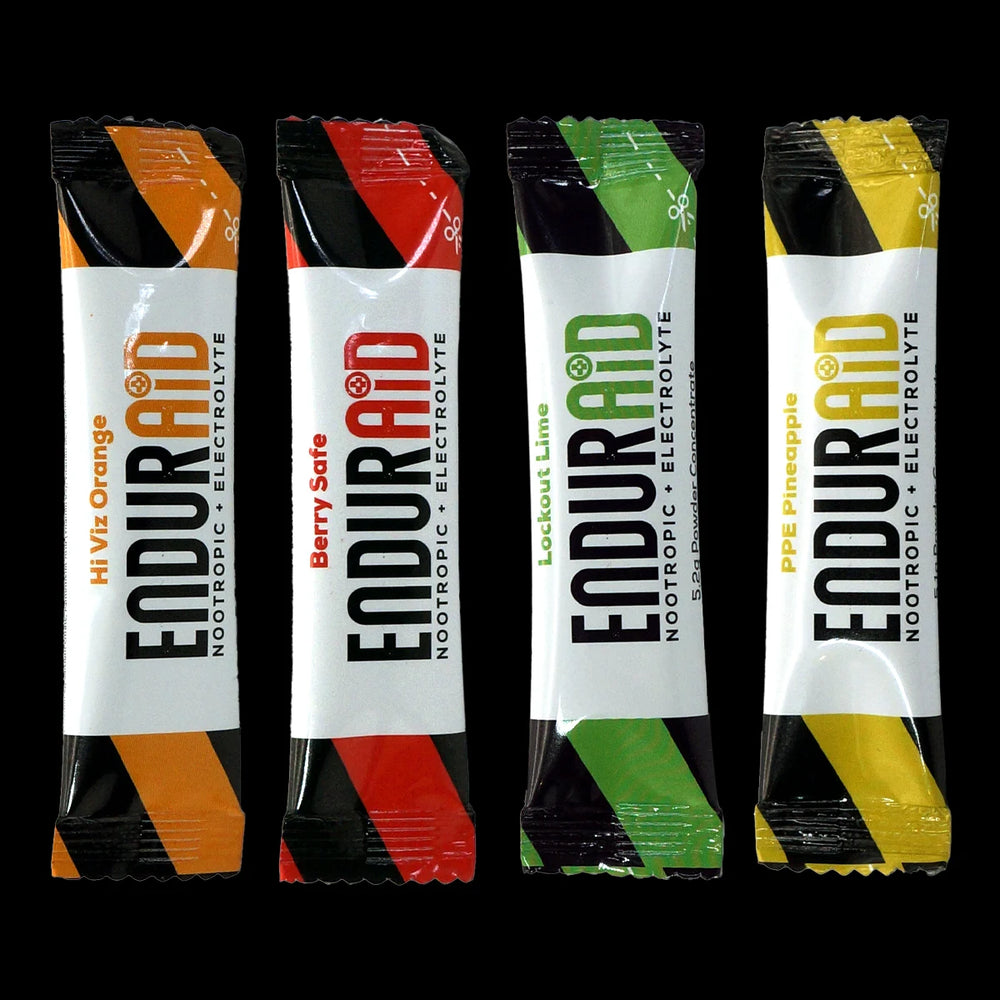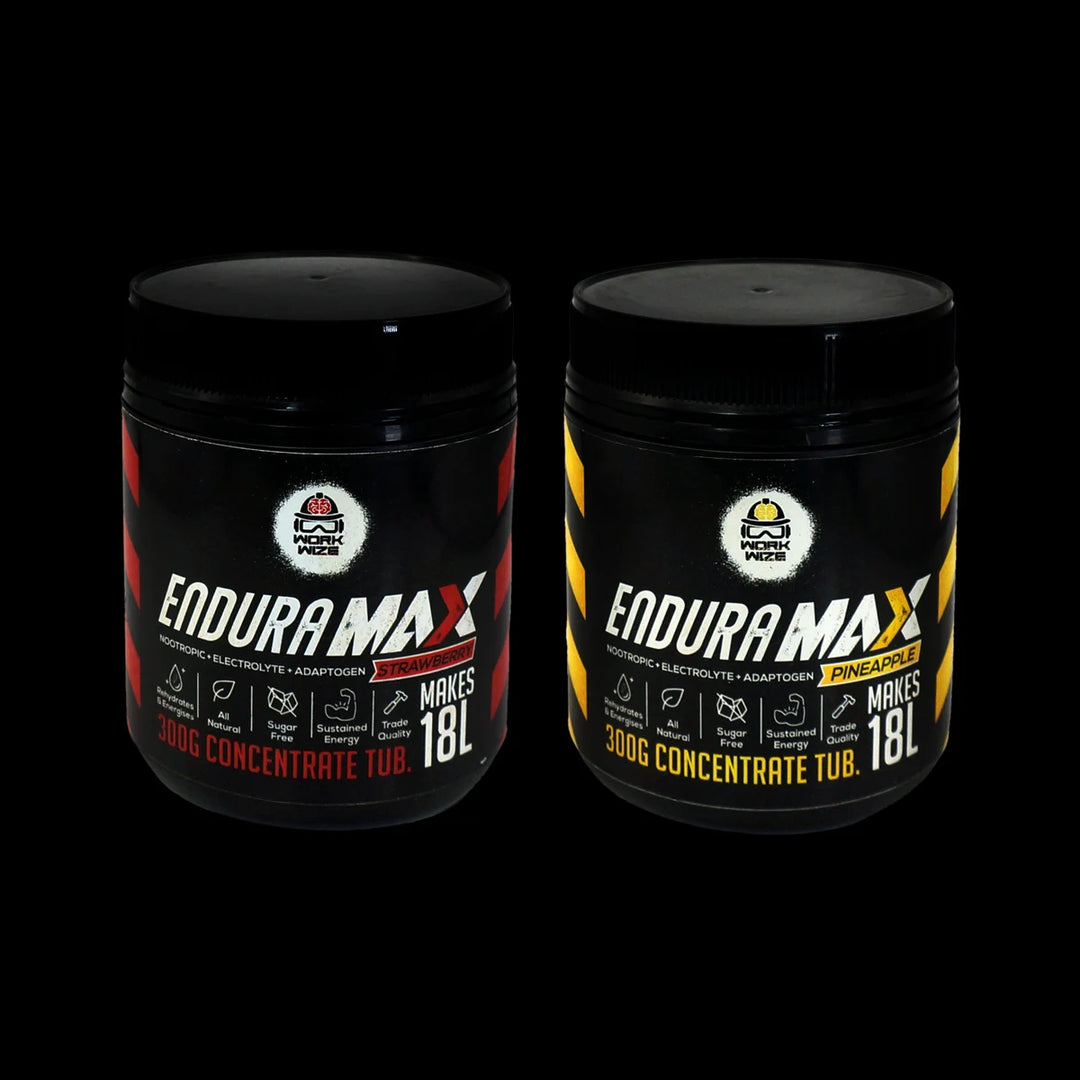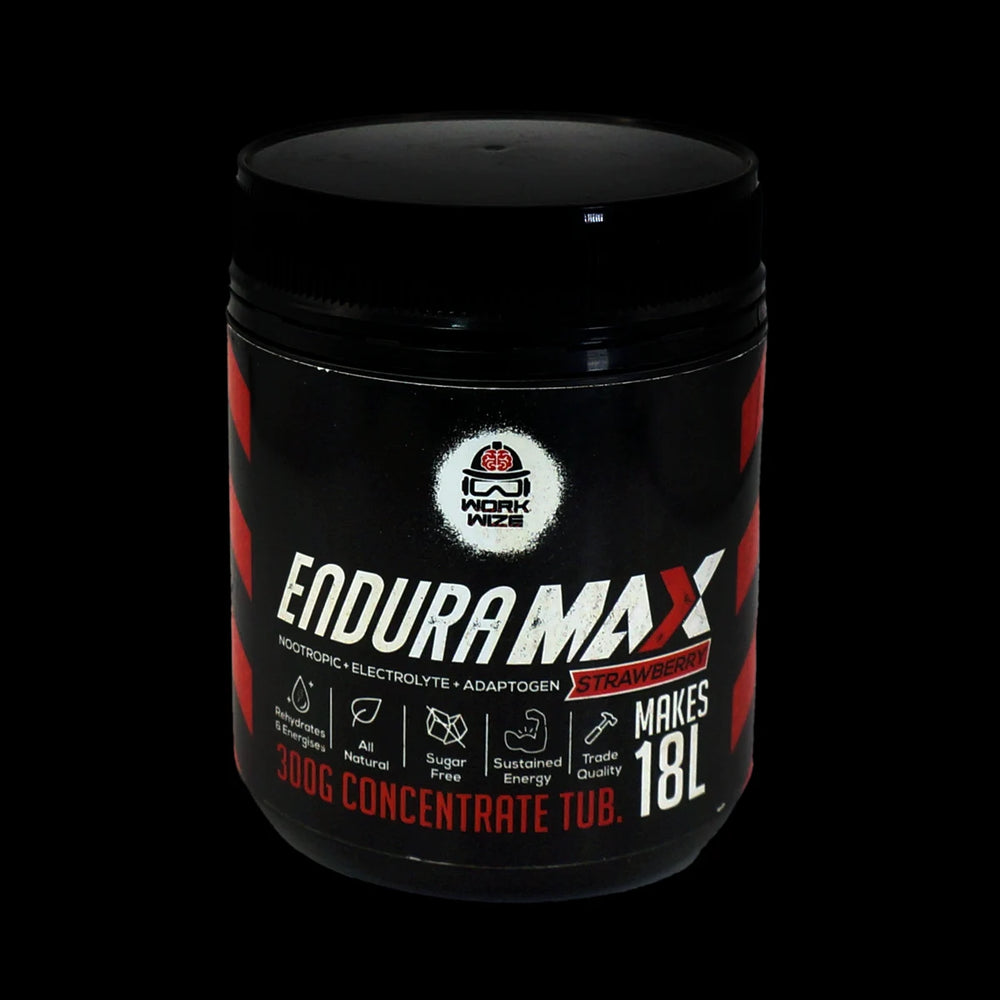Even though we may not be able to avoid stress in our day to day life, learning how to naturally manage both acute and chronic stress is very important. That is why more and more people are turning to adaptogens for stress relief and adrenal balance. In this post, I will show you what adaptogens really are and how they can be the ancient answer to our modern-day woes, combating stress and chronic fatigue.
Stress is a normal part of everyday life and can sometimes be essential to our survival in the kind of world we live in today. In one way or the other, our body is subjected to different stressors daily – both internally and externally. However, through the hypothalamus-pituitary-adrenal (HPA) axis and the sympathetic nervous system, our body already has a mechanism in place to help us cope with short-term stress. [1]
While this inbuilt mechanisms of the body can be effective against short term (acute) stress, they may become non-functional when they are used to combat chronic (long-term) stress. When chronic stress is left unaddressed, it can result in different stress-related health conditions like leaky gut, HPA axis dysfunction, anxiety, memory impairment, hypertension, adrenal burnout, heart disease, insomnia, and chronic fatigue syndrome. [2] [3]
WHAT ARE ADAPTOGENS?
Adaptogens are a particular group of plants and herbs that support the body’s natural ability to adapt or adjust to stress. These plants have a unique ability of “adapting” their functions to the specific needs of your body – whether it is biological, physical, or chemical needs. Think of them as a biological thermostat regulating the body’s stress response mechanism. [4]
Adaptogens are loaded with special compounds that make them act in different capacities based on the needs of the body. For instance, they can either be tonifying or moderating, depending on the body constitution and condition. This helps them deal with a range of external and internal stressors, to maintain homeostasis and help normalize and improve bodily function. [4] [5]
When taken in standard doses, adaptogens are safe for everyday use and can help reduce the side effects of stress on your body, including physical trauma or injury, emotional stress, illness, fatigue, and pollution. Therefore, they can be perfect for helping to reduce the risk of stress-related health conditions. [3] [6] [7]
Apart from helping to reduce the toll of stress on the body, certain adaptogens have a variety of additional functions, such as improving mental performance, endurance, physical performance, and concentration while fatigued. [4] [5] [6]
HOW DO ADAPTOGENS WORK?
Due to the several stress-protective properties of adaptogens, they have a wide variety of effects on the body, helping to boost the body’s ability to cope and adapt to stress. Some of these effects include increasing energy production, increasing resistance to stress, improving mental performance and sleep.
So, how are adaptogens able to do all of these? To begin, let’s take a look into what the “HPA axis” is.
HPA AXIS
Your hypothalamus is one part of your brain that recognizes stress. Whenever you are stressed, it sends signals to your pituitary gland, and in turn, they both signal the adrenals to produce and release the stress hormones to take care of the situation. That is what is known as your HPA (hypothalamic-pituitary-adrenal) axis. Click here for a 2 minute video on the HPA axis.

The HPA axis is designed to manage acute stress. When it is constantly engaged with chronic stress, it is detrimental to your overall health, affecting your immune system, mood, libido, sleep, appetite, blood pressure and thyroid. Chronic stress can also put huge demands on your adrenal glands and micronutrient reserves, which can lead to adrenal dysfunction and burnout.
By exacting its effect on the central nervous system (CNS) and regulating the several mechanisms involved in the HPA axis activity, adaptogens are able to support a more balanced response to ongoing stress. They regulate stress hormone and cortisol production, hence preventing adrenal and HPA axis dysfunction. [3]
Adaptogens can have additional benefits over that of regulating the HPA axis. Adaptogens can also interact with neurotransmitters, can boost immunity and reduce inflammation. The functions they elicit on the body can typically be grouped into the chemical groups which drive these responses. These compounds can be categorized into three groups; tetracyclic triterpenes, phenolic compounds, and oxylipins. [4] [6]
Broadly speaking, the tetracyclic triterpenes act by regulating stress through the HPA axis. The phenolic compounds act on neurotransmitters through actions such as monoamine oxidase inhibition. While the oxylipins play an essential role in reducing inflammation and boosting immunity. [7] [8] [9]
THE BEST ADAPTOGENS TO HELP COMBAT STRESS AND CHRONIC FATIGUE
#1: ASHWAGANDHA
Ashwagandha or Withania is native to India and has been used in traditional medicine for thousands of years. The herb has a very strong musky taste that many people prefer to take it as an extract or in supplement form.
Studies of the plant have found it can act as a potent axiolytic by boosting serotonin receptor signalling. It can also help lower blood pressure, reduce inflammation and help to boost immune response. [10]
Ashwagandha has also been shown to boost thyroid function and increase the concentrations of both T3 and T4 cells. Its anti-inflammatory properties may also help bring relief to pain associated with osteoarthritis and rheumatoid. [11]
By boosting adrenal function, Ashwagandha helps the body cope with stress. It is widely used to maintain a balance in stress hormones, increase energy, and relieve anxiety. Typical doses are in the range of 300-500 mg of a root extract, it can also be taken as a tea.

#2: RHODIOLA
Rhodiola is a hardy plant that grows in cold mountainous regions of North Europe and Asia. The active part which is consumed is the root. Rhodiola is a powerhouse adaptogen that contains a blend of bioactives that can be both dopaminergic and serotoninergic (boost serotonin and dopamine), be neuroprotective and help in reducing cortisol levels.
The unique adaptogen can help increase energy and promote concentration in people with adrenal fatigue. It also provides cardioprotective and antidepressive effects. It can be used to treat depression or mood related problems due to its regulating effects on dopamine and serotonin. The plant has even been shown in studies to increase the lifespan of nematodes by 20%.
Typical dose range for acute fatigue and anti-stress properties lies in the rage 300-700 mg of root extract. However, for long term daily use supplementation of levels as low as 50 mg has been shown to be effective.

#3: ELEUTHERO (SIBERIAN GINSENG)
Although not as well renowned as Chinese ginseng, eleuthero is also an incredible herb for combating stress and chronic fatigue. In addition to helping the body combat stress, this adaptogenic herb also acts as a tonic, boosting energy and increasing nervous system functioning.
Studies indicate that eleuthero may be generally catecholaminergic in nature. Meaning it tends to upregulate the expression of monoamines (serotonin, noradrenalin and dopamine. This can assist in the general health of fatigued or heavily worked individuals, who need support in the genesis of these very important neurotransmitters.
Eleuthero has a balancing effect on several bodily systems, including blood sugar and blood pressure. Research shows that in women, it reduces heart rate in response to stress and supports healthy blood pressure levels. It can also improve mental and physical performance during the time of stress. [12] [13]
Dosage for this plant tends to be in the 300-500 mg of extract range.
#4: GINSENG (PANAX OR CHINESE GINSENG)
Panax ginseng is considered the original ‘true’ ginseng and is heavily prized in Chinses medicine. Chronic stress leads to an imbalance in immune response, hormone dysfunction, and inflammation. Ginseng is well known for its superior ability to significantly reduce chronic stress by regulating the HPA axis, decreasing depression, anxiety, and other HPA axis disorders. [14]
Ginseng has also been studied for its effect on immune response. One study showed that coadministration of ginseng alongside a vaccination improved the immune response to the vaccination, effectively acting as an immunostimulant. Another study showed than Ginseng was able to mitigate the reduction in immune system response due to exercise induced immunosuppression.
Other studies on ginseng have also shown it to be effective in improving memory and learning deficits caused by fatigue or aging.
Typical dosage is around 200-400 mg of extract for acuter fatigue but doses as little as 50 mg have been noted to be effective in contributing to overall increase in stress adaptation.

HOW DO YOU ADD ADAPTOGENS TO YOUR DAY?
Most adaptogens are plant based and are easily sourced in store or online. The easiest and most convenient way to add adaptogens to your day is to get capsules or tablets of extracts. Extracts are a concentrated dose of the plant that has been extracted with an ethanolic/methanolic extraction then dehydrated into a powder.
The beauty of extractions is that they are highly concentrated. Depending on the plant and the supplier some extracts can be up to 50 x concentrations meaning the density of the active ingredients has increased by 50 x. For example, if a typical dose calls for 2 g of raw plant then 40 mg of a 50 x extract would give the equivalent active dose.
Extracts can also be standardized to a ratio of active ingredient. For example a Rhodiola extract is typically standardized to the two major groups of active ingredients as; 3% rosavins and 1% salidrosides. Having the expected and tested ratio of active ingredients ensures consistency dosing of the active ingredients when the raw product may vary due to season etc.
If you enjoy tea, then making adaptogen tea from can be an even more effective delivery route. This is due to your body being able to absorb the nutrients faster when they are waterborne in the gut. The other benefit of drinking tea over extracts is that they contain the full profile of active ingredients that extraction can sometime not recover. Typically extracts will focus on the major bio active ingredients, however plants typically can have whole families of actives that all work together to elicit a health benefit.
SUMMARY
Adaptogens are a powerful and easy to access supplement that can boost overall health, resistance to stress and a multitude of other specific actions. They are commonly available now at chemists or online and can cost less than $0.50 a serve. In a world of ever-increasing stress and productivity expectations, incorporating these supplements into your lifestyle can help achieve both greater performance and health.
Thanks to its blend of nootropics and adaptogens, plus essential electrolytes and vitamins, EnduraMAX electrolyte powder for workplace safety stands out as a formidable choice for workplace safety. It mixes perfectly to provide lasting energy, essential in fighting fatigue and enhancing workplace safety and productivity.
References
1. Stephens, M. A. (2012). Stress and the HPA axis: Role of glucocorticoids in alcohol dependence. Alcohol Research Current Reviews, 34(4), 468–483.
2. Pawar, V. S., & Shivakumar, H. (2012). A current status of adaptogens: Natural remedy to stress. Asian Pacific Journal of Tropical Disease, 2(1), S480-S490.
3. Liao, L., He, Y., Li, L., Meng, H., Dong, Y., Yi, F., & Xiao, P. (2018). A preliminary review of studies on adaptogens: Comparison of their bioactivity in TCM with that of ginseng-like herbs used worldwide. Chinese Medicine, 13(1).
4. Wal, P., & Wal, A. (2013). An overview of adaptogens with a special emphasis on withania and rhodiola. Nutrition and Enhanced Sports Performance, 343-350.
5. Panossian, A., Wikman, G., Kaur, P., & Asea, A. (2009). Adaptogens exert a stress-protective effect by modulation of expression of molecular chaperones. Phytomedicine, 16(6-7), 617-622.
6. Panossian, A., & Wikman, G. (2010). Effects of adaptogens on the central nervous system and the molecular mechanisms associated with their stress-protective activity. Pharmaceuticals, 3(1), 188-224.
7. Ray, A, Gulati, K., & Anand, R. (2016). Stress, adaptogens and their evaluation: An overview. Journal of Pharmacological Reports, 1(2).
8. Becker, D. E. (2013). Basic and Clinical Pharmacology of Glucocorticosteroids. Anesthesia Progress, 60(1), 25-32.
9. Hinson, J., Raven, P., & Chew, S. (2010). The endocrine system. London, UK: Churchill Livingstone Elsevier.
10. Singh, N., Bhalla, M., Jager, P. D., & Gilca, M. (2011). An overview on ashwagandha: A rasayana (rejuvenator) of Ayurveda. African Journal of Traditional, Complementary and Alternative Medicines, 8(5S).
11. Chandrasekhar, K., Kapoor, J., & Anishetty, S. (2012). A prospective, randomized double-blind, placebo-controlled study of safety and efficacy of a high-concentration full-spectrum extract of Ashwagandha root in reducing stress and anxiety in adults. Indian Journal of Psychological Medicine, 34(3), 255.
12. Facchinetti F, Neri I, Tarabusi M. Eleutherococcus senticosusreduces cardiovascular response in healthy subjects: a randomized, placebo-controlled trial. Stress Health.2002; 18:11-17.
13. Eleutherococcus senticosus: current status as an adaptogen. In Wagner H, Hikino H, Farnsworth NR (Eds.). Economic and Medicinal Plant Research, Vol. I. London, UK: Academic Press; 1985:155-215, 217-284.
14. Kim, H., Cho, J., Yoo, S., Lee, J., Han, J., Lee, N., Son, C. (2013). Antifatigue effects of Panax ginseng C.A. Meyer: A randomised, double-blind, placebo-controlled trial. PLoS ONE, 8(4).



